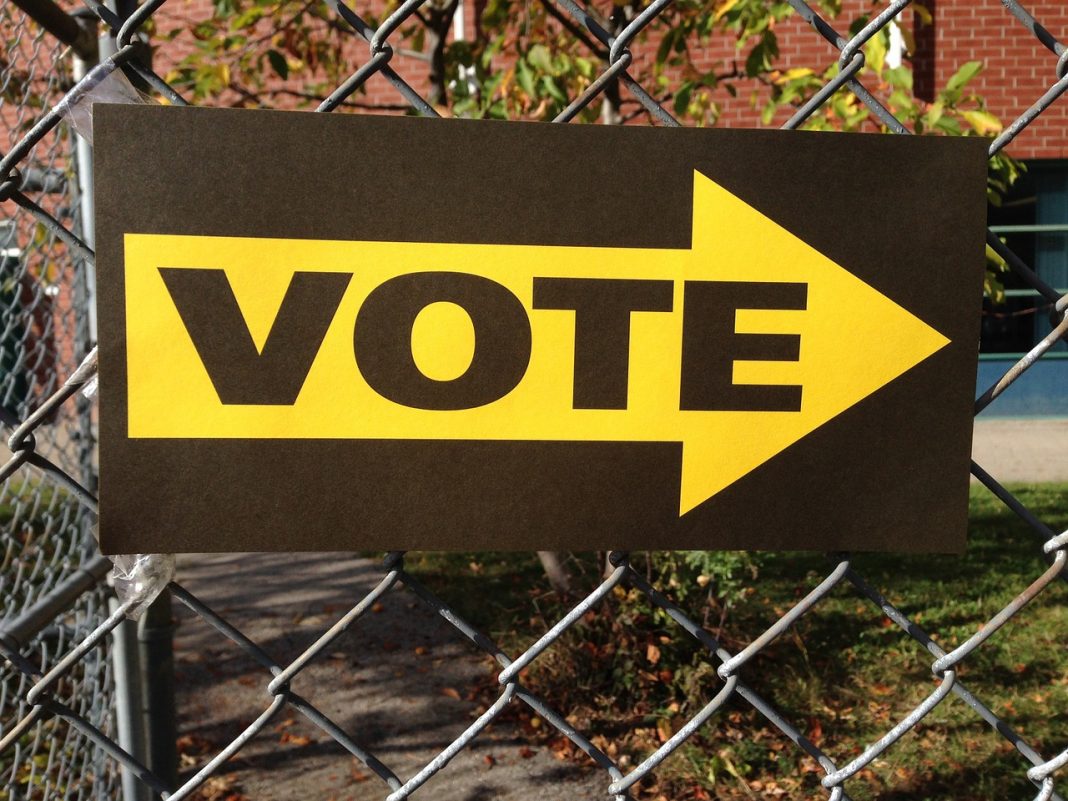|
Getting your Trinity Audio player ready...
|
Vote NO on Proposition 1 – A Pandora’s Box Threatening Parental Rights, Voting Integrity, and Women’s Sports in New York
Proposition 1 on the upcoming ballot has ignited fierce debate, largely centered around its implications beyond merely safeguarding abortion rights. Critics, particularly within New York’s Republican Party, argue that the proposed amendment holds profound risks for parental rights, voting integrity, and the integrity of women’s sports. The proposition’s broad anti-discrimination language conceals potential constitutional shifts that could redefine fundamental social and cultural boundaries in New York.
A Threat to Parental Rights and Family Dynamics
One of the most troubling aspects highlighted by Proposition 1’s opponents is its potential to undermine parents’ influence over their children’s healthcare decisions. Senator Rob Ortt, the Republican Minority Leader, argues this is more than a health issue; it challenges parental authority at its core. By embedding broader anti-discrimination language into the state constitution, Proposition 1 might give legal grounds for minors to bypass parental consent for certain medical decisions such as gender reassignment surgery, presenting a severe encroachment on parental rights.
For many families, parental involvement in a child’s healthcare is fundamental, based on a belief that parents should guide, counsel, and provide informed support. Allowing minors to make medical choices without parental input is seen as disruptive to family dynamics and undermines the trust parents have in public institutions. This concern highlights how Proposition 1 may introduce unprecedented judicial precedents that would be difficult to reverse, fundamentally altering the relationship between parents, children, and the state.
Risks to Voting Integrity
Opponents such as former GOP gubernatorial candidate Lee Zeldin warn that Proposition 1’s language is “vague,” and its implications on voting rights are particularly alarming. Adding anti-discrimination language to the constitution may unintentionally open pathways for legal challenges to long-established voter eligibility requirements, potentially allowing non-citizens the right to vote. This is a significant concern, particularly in light of debates across the nation over the influence of non-citizen voters on local elections.
New York is home to a vast and diverse immigrant community, and some supporters of Proposition 1 may argue that including non-citizens in the voting process would allow greater representation. However, many critics maintain that voting should be a right and responsibility reserved for citizens, and altering this standard through an ambiguous amendment could set a dangerous precedent, diluting the democratic process by including individuals who may not have the same stake in New York’s future.
A Threat to Women’s Sports
Proposition 1 also raises serious concerns over women’s sports and the future of gender-based athletic competition. Olivia Bell, a college athlete, eloquently summarizes the fears of many by stating that enshrining such language into the constitution could make “women’s sports obsolete.” Critics argue that by introducing expansive anti-discrimination terms without clarification, Proposition 1 could provide transgender athletes a constitutional right to compete in women’s sports, disregarding physiological differences that can impact fairness.
Proponents argue that transgender students already face significant challenges and that their inclusion in sports promotes a more inclusive and supportive environment. However, this proposal does not account for the broader implications of creating a constitutional right that overrides existing state laws. Women’s sports, designed to provide a fair competitive field for biological females, could see its core tenets compromised. Bell and other critics argue that Proposition 1 is less about promoting equality than about erasing the distinctions that ensure fairness.
Unintended Consequences: Opening Doors to Legal Challenges
Opponents warn that Proposition 1’s sweeping anti-discrimination clause could serve as a catalyst for legal challenges, giving proponents of various progressive causes leverage to argue in favor of expanded rights in ways not initially intended by the legislation. State Assemblyman Michael Fitzpatrick echoes the concerns of many, cautioning that the measure could “disrupt the family dynamic” by embedding divisive language into the constitution that would ultimately serve as a tool for litigation rather than unity.
Given the amendment’s broad language, interpretations could vary widely, resulting in litigation over its implementation and scope. Once these provisions are in the state constitution, undoing them would require multiple legislative sessions and another public referendum. Thus, any unintended consequences would be challenging to address, locking New York into a state of legal ambiguity and potential conflict for years.
Conclusion: Why Voting “No” on Proposition 1 Protects New Yorkers
New Yorkers deserve constitutional amendments that are clear, purposeful, and directly aligned with the public’s understanding and intentions. Proposition 1, however, with its vague and potentially overreaching language, poses significant risks to parental rights, the integrity of the voting process, and the fair treatment of female athletes. Critics argue that this measure prioritizes ideology over pragmatism, potentially destabilizing key social institutions.
By voting “No” on Proposition 1, New Yorkers can ensure that their constitution remains a tool for stability and unity rather than division. If the state wishes to protect abortion rights, it should do so in a way that doesn’t risk unintended consequences in other areas. For these reasons, rejecting Proposition 1 is a necessary step in protecting family integrity, ensuring voting eligibility remains clear, and preserving the foundational principles that make women’s sports fair and competitive.





